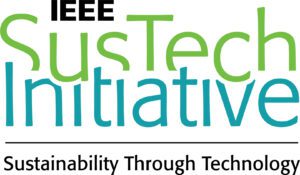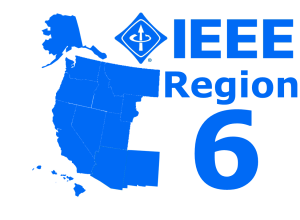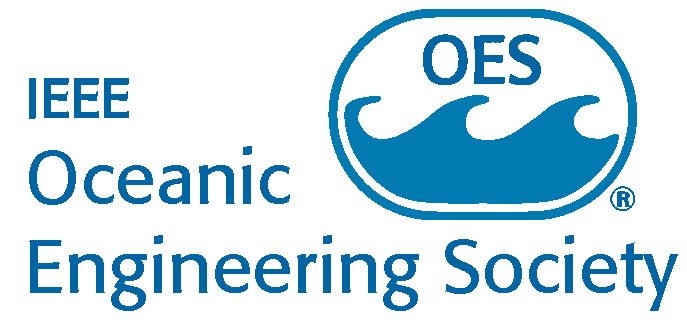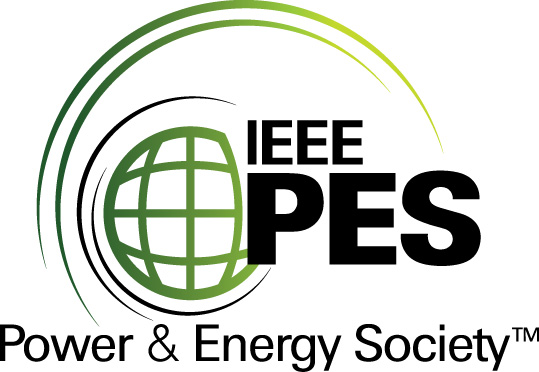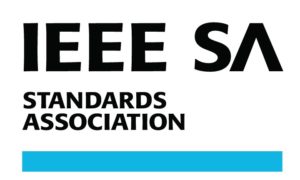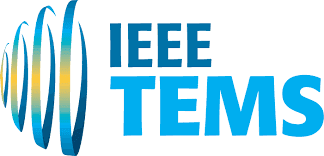Keynotes 2017
SusTech 2017 Keynotes
Monday Opening Keynote
Earth Observation Processing and Analytics Services
Lauryn Gutowski, Project Manager, EOS Data Analytics, Inc.
Abstract: EOS Data Analytics (DA) is an automated cloud-based GIS analysis service.
EOS DA uses a combination of satellite imagery, geospatial data, customer workflow information, and consumer behavior principles to make the deepest and the most comprehensive GIS analysis. People and companies from different industries can fully meet their GIS requirements by using EOS Data Analytics’ service.
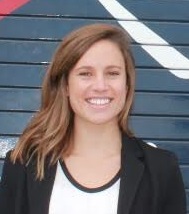 Our solutions, powered by proprietary algorithms, provide users with information in a decision-making form. Our analytics help companies to have the full vision of the current situation and make fast and accurate decisions.
Our solutions, powered by proprietary algorithms, provide users with information in a decision-making form. Our analytics help companies to have the full vision of the current situation and make fast and accurate decisions.
This presentation will be discussing the different use cases and methods EOS has invented to solve issues in a multitude of industry verticals.
Bio: Lauryn Gutowski has a BS degree from UC Santa Cruz in Earth Science, with a focus on remote sensing and GIS. After college, she interned with NASA, at JPL and Ames, through the Applied Earth Science division doing NASA Earth Observation based projects. Lauryn has worked at EOS Inc. for almost a year now as Project Manager.
Monday Lunch Keynote
Energy Infrastructure of the Future
Joshua D. Rhodes, Webber Energy Group and the Energy Institute at The University of Texas at Austin
Abstract:
The world is undergoing a variety of energy transitions as a result of demographic, economic, climatic, technological, and social forces that are shifting how we acquire and utilize energy. These transitions will result in trillions of dollars of infrastructure investment by 2050. However, it is currently unclear what infrastructure will be needed in coming years and how different transitions will impact existing public and private stakeholders. Consequently, it is possible we will make long-lasting infrastructure investments without understanding the full range of costs and impacts. This talk will cover a new effort at UT-Austin where we are building decision support tools to help guide the decisions we will have to make for our energy future.
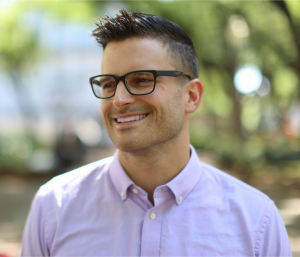 Bio: Joshua D. Rhodes, Ph.D. is a Postdoctoral Research Fellow in The Webber Energy Group and the Energy Institute at the University of Texas at Austin. His current research is in the area of smart grid and the bulk electricity system, including spatial system-level applications and impacts of energy efficiency, resource planning, distributed generation, and storage. He is also interested in policy and the impacts that good policy can have on the efficiency of the micro and macro economy, especially policy that utilizes market forces to increase efficiencies. He consults on a broad range of energy topics as well as vetting for novel technologies — often sitting on vetting committees for companies looking to enter Austin’s technology incubators. He holds a double bachelors in Mathematics and Economics from Stephen F. Austin State University, a masters in Computational Mathematics from Texas A&M University, a masters in Architectural Engineering from The University of Texas at Austin and a Ph.D. in Civil Engineering from The University of Texas at Austin.
Bio: Joshua D. Rhodes, Ph.D. is a Postdoctoral Research Fellow in The Webber Energy Group and the Energy Institute at the University of Texas at Austin. His current research is in the area of smart grid and the bulk electricity system, including spatial system-level applications and impacts of energy efficiency, resource planning, distributed generation, and storage. He is also interested in policy and the impacts that good policy can have on the efficiency of the micro and macro economy, especially policy that utilizes market forces to increase efficiencies. He consults on a broad range of energy topics as well as vetting for novel technologies — often sitting on vetting committees for companies looking to enter Austin’s technology incubators. He holds a double bachelors in Mathematics and Economics from Stephen F. Austin State University, a masters in Computational Mathematics from Texas A&M University, a masters in Architectural Engineering from The University of Texas at Austin and a Ph.D. in Civil Engineering from The University of Texas at Austin.
Dr Rhodes is lead author of the recent article “Are Solar and Wind Really Killing Coal, Nuclear and Grid Reliability?”
Monday Dinner Keynote
The Central Arizona Project
Theodore C. Cooke, General Manager, Central Arizona Water Conservation District
The Central Arizona Project (CAP) is Arizona’s largest renewable water supply, transporting and delivering approximately one-half of Arizona’s Colorado River apportionment to the interior of the state. CAP is designed to bring about 1.5 million acre-feet of water from the Colorado River to Central and Southern Arizona every year. More than 5 million people, or more than 80% of the state’s population, live in Maricopa, Pima and Pinal counties, where CAP water is delivered. CAP carries water from Lake Havasu near Parker to the southern boundary of the San Xavier Indian Reservation southwest of Tucson. It is a 336-mile long system of aqueducts, tunnels, pumping plants and pipelines and is the largest single resource of renewable water supplies in Arizona.
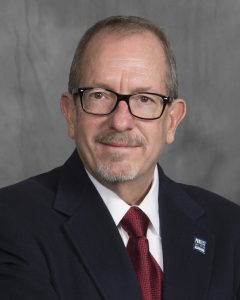 Brief bio: Ted Cooke was appointed General Manager in March 2016, reporting to the Board of Directors and responsible for carrying out the Board’s policy directives and overseeing all operational aspects of CAP. Previously, he was Interim General Manager and Deputy General Manager, Finance and Administration. Ted joined CAP in 1999.
Brief bio: Ted Cooke was appointed General Manager in March 2016, reporting to the Board of Directors and responsible for carrying out the Board’s policy directives and overseeing all operational aspects of CAP. Previously, he was Interim General Manager and Deputy General Manager, Finance and Administration. Ted joined CAP in 1999.
Ted’s career in utilities, technology, finance and operations has also included positions at Xerox Corporation, Luz International Limited, the world’s pioneer commercial solar thermal power developer and operator, and OESI Power Corporation, a binary geothermal power developer and operator.
Ted has earned a B.S. in Physics from Loyola Marymount University, an MBA in Operations Management and Management Science from UCLA and a DBA in Management from California Coast University, and holds a number of professional certifications and graduate certificates in the areas of leadership and management, organizational strategy, business management, finance and accounting, risk management, fraud prevention, government finance, and information technology.


